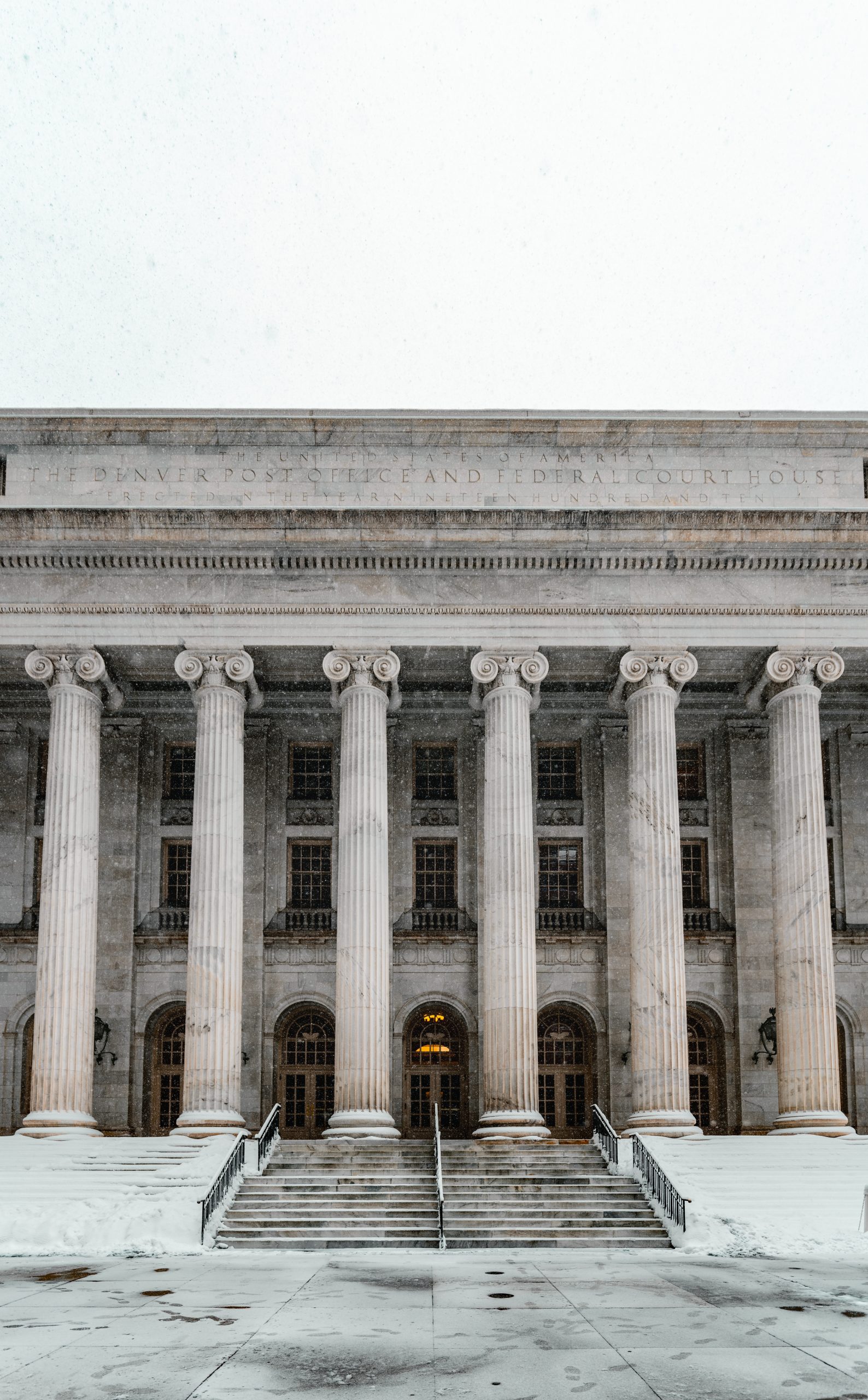The Supreme Court issued its decision in Salman v. United States today, the first insider trading case to reach the Justices in more than 20 years. The Supreme Court upheld the standard from its prior ruling, Dirks v. SEC, 463 U.S. 646 (1983) and concluded that a tipper personally benefits from a gift of confidential information to a trading relative or friend because it is as if the insider traded himself and then gifted the profits to the recipient.
Salman contended that a gift of confidential information to a friend or family member was alone insufficient to establish a personal benefit for tippee liability. In Dirks, the Supreme Court said that tippee liability turns on whether the tipper discloses the information for a personal benefit (and thus in violation of a fiduciary duty).
In the case, Salman received the information from a friend/relative (by marriage) who received the information from his brother. Salman was convicted at trial. While on appeal, the Second Circuit issued a landmark opinion in United States v. Newman, 773 F.3d 438, 452 (2d. Cir. 2014). Newman held that for a conviction for insider trading in a case of a gift of information to a trading relative or friend, there must be a meaningfully close personal relationship that creates an objective, consequential potential for pecuniary gain. The Supreme Court in Salman rejected that interpretation.


